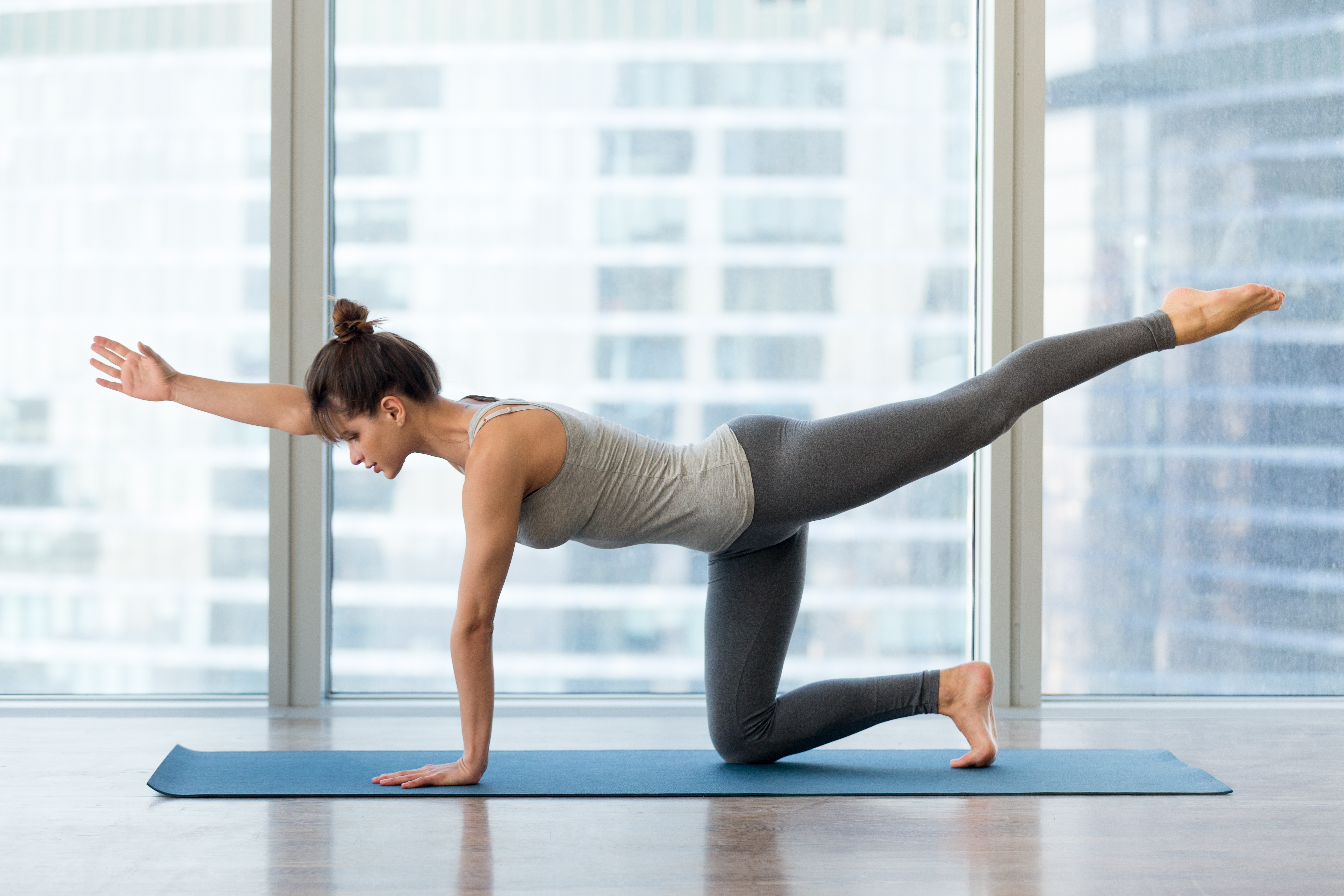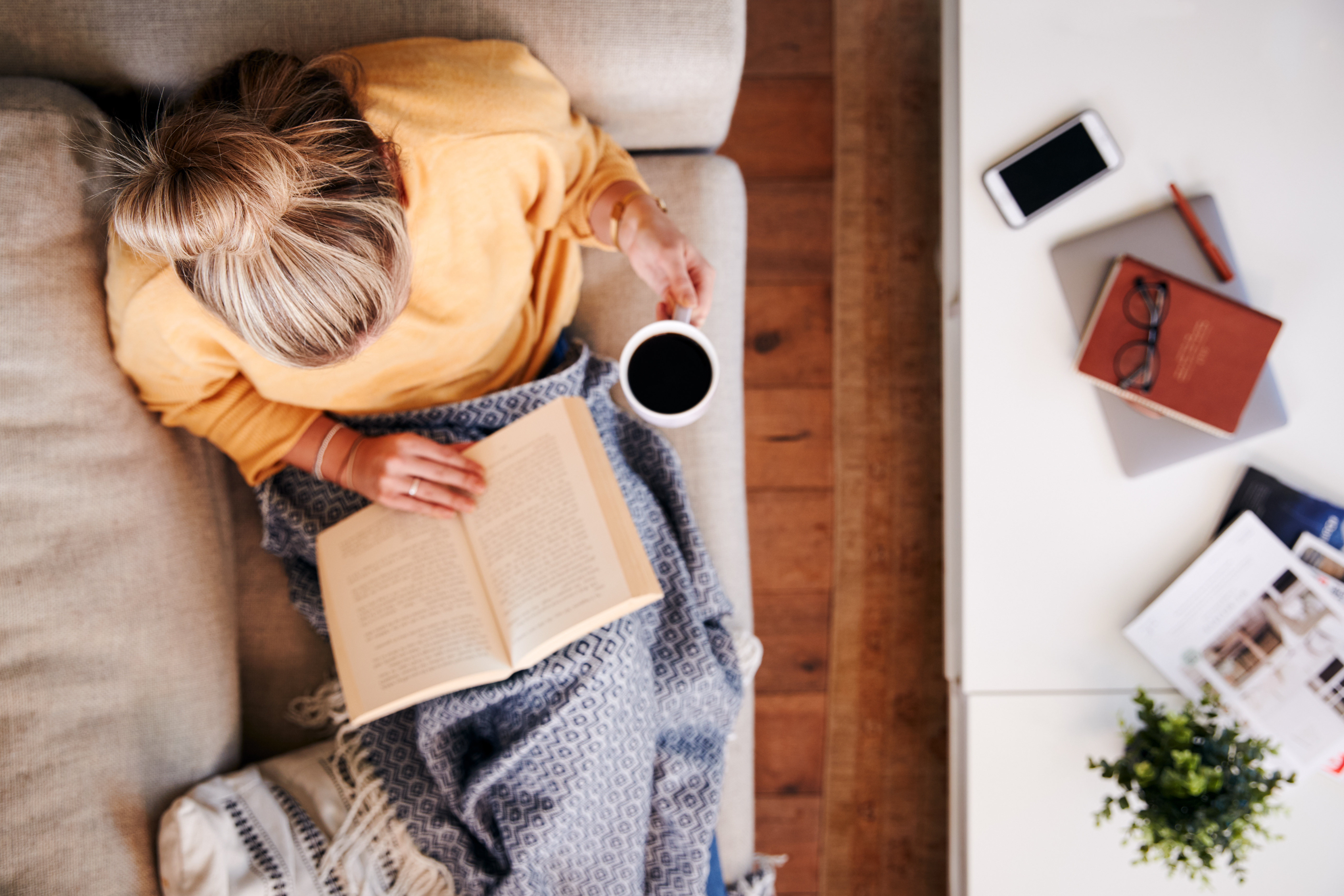The spread of COVID-19 is a new and unprecedented event in the world. Try to remind yourself that medical, scientific and public health experts are working hard to contain the virus. Most of our lives will change in some way over a period of days, weeks or months. But in time, it will pass.
However, the constant news and chatter about COVID-19 feels relentless and is having an impact on people's mental health. Keeping a realistic perspective of the situation based on facts is important.
The following tips can help you take care of your mental health during this trying time:
1. Take care with news and information
The constant stream of news and social media updates about COVID-19 can cause worry and stress, as it can be difficult to distinguish facts from rumours and scaremongering. Make a conscious decision to get any information only from trustworthy, reliable sources such as the WHO, HSE and gov.ie. Facts can help to minimise fears.
It is important to not take in too much – both of the reliable reports and chatter on social media. Make a pact to check in on reliable sources for updates just once or twice a day.
Limit social media activity as much as possible. At the moment, social media is filled with other peoples worries, beliefs, rumours and stories. You don’t need to take these on as your own and increase your anxiety levels.
2. Stick to a routine
Our normal routines may involve getting up at a certain time, eating breakfast, getting ready and running out the door to work. During our workday, part of our routine may be chatting with colleagues and clients, popping to the shops or taking a gym class during lunch break.
It is important not to let this sense of routine fall apart at home. If you are working or studying from home, make time for these things – don’t just converse via e-mail, pick up the phone to ask the question or even have a video call. This makes the world of difference as it is a deeper level of interaction.
Continue getting up at the same time every day as usual, eat breakfast and get dressed (despite how tempting it is to stay in your pyjamas), and go about your day as close to your normal routine as possible. Continue to eat a healthy diet and eat at regular mealtimes, avoiding excess alcohol and making sure to stick to your regular sleep routine.
We all know the negative impact sleep disruption can have on our moods. Without having your normal structure of having to get to school, college or work, it can be easy to fall into bad habits – going to bed later and getting up later. It is vital to stick to your regular sleeping and waking routine.
3. Focus on the positive
It is totally normal to overthink things when we are alone, so during a time of self-isolation and social distancing, it’s easy to let those negative thoughts creep in, picking apart every aspect of your life.
Advice from the WHO says that when possible, we should try to share, discuss or read about positive or encouraging stories relating to coronavirus. Maybe you heard of somebody who has recovered? Even simply focus on the fact that people are recovering. Look around you, has it brought your community closer together?
4. Stay connected
One of the main reasons people tend to suffer in self-isolation, quarantine or social distancing is because personal relationships usually tend to help us cope with stress.
Keep in touch digitally – arrange a time to video chat with people or groups of people you would normally see and chat to regularly in person. Arrange phone calls and send texts to keep in touch and chat about how you are both feeling.
Use technology to “meet up” – read a book while on video chat to a friend, watch the same movie (Netflix has a syncing feature so you can watch and pause at the exact same time), eat dinner together on FaceTime with your grandparents, make a virtual book club with a group of your friends.
5. Stay active
Staying active is a key part of looking after our mental health. In addition to the benefits for our bodies, exercise releases “feel good” chemicals in our brain. With gyms being closed, it’s time to get a bit creative when it comes to building exercise into your daily routine.
Clean your home, dance to music, run up and down the stairs, take a walk or run in an open green space, access free YouTube exercise videos, check if your gym is streaming classes online or even do some toe-touches in your living room.

6. Get as much sunlight and fresh air as possible
Spending time outdoors in green space or bringing nature indoors can benefit your mental wellbeing. It can improve your mood, reduce feelings of stress or anger, and make you feel more relaxed.
If you live in area with a large open space (a park or green area) then make sure to go for walks as much as you can, provided it’s not crowded.
To get that same mental boost indoors, try things like; opening the windows to let in fresh air, having flowers or potted plants in your home or on your outside windowsills, sitting in a comfortable spot by the window where you can look out at nature and getting as much natural light as you can by spending time in your garden if you have one, or opening your front or back door and sitting on the doorstep.
7. Find ways to spend your time
They don’t call it a Spring Clean for nothing – so what better time to have a clear out? Sort through your belongings and decide what you want to keep, what you could sell and what you can donate to a worthy cause.
Engage in a hobby that you always put off because you “haven’t got the time”. Sit down and read a good book (a great distraction from the news and social media chatter), do a jigsaw, play board games or try some arts and crafts.
Tick off all those niggling things you’ve been meaning to do around the house but just haven’t got around to. This will give you a sense of accomplishment and a great mood boost when these tasks are complete.
Try something new – maybe you always wanted to try meditating, yoga or baking. Think of these small things and how you can bring them with you into life post-coronavirus.
8. Find ways to relax and be creative
There are lots of different ways that you can relax and explore your creative side. Why not try drawing, painting, collage, sewing or DIY/upcycling something in your home.
Pick back up a musical instrument you haven’t played in years, rekindle your love for singing, listening to music or writing. Practice mindfulness, yoga or meditation to keep your mind at ease and bring a sense of calm.
9. Keep your mind stimulated
If you are not working while at home, take this opportunity to keep your brain occupied and challenged each day.
Read books – fiction and non-fiction, magazines and articles. Listen to podcasts or audiobooks on a topic you may not have ventured into before. Do puzzles and crosswords.
Download an app like Duo-Lingo and start learning a new language you have always wanted to speak. FutureLearn and OpenLearn also have free online courses you could try.
The possibilities are endless, why not use this time for good?

10. If you’re feeling anxious
First things first – it is very normal to feel anxious or scared at a time like this, when there is so much uncertainty in the world. Acknowledge how you are feeling and don’t try to dismiss it. If you usually see a counsellor, speak to them over the phone or find one online that can do a video session with you to discuss your feelings and help rationalise them.
One strategy that is helpful is distraction. If you find that you are constantly ruminating over your risk of illness, distract yourself by getting lost in an engaging activity or simply pick up the phone and chat to a friend while getting some fresh air (albeit on your doorstep).
Mindfulness meditation is another great way to lower anxiety levels and help with sleep. There are several brilliant apps that can help you get started – try Calm or Headspace – just search them in your app store.
While it may feel like the current situation is something beyond your control, why not do something that is within your control? Writing down exactly what you are feeling helps with anxious thoughts. Imagine your thoughts flowing from your mind, through the pen and onto the page. Once they are down on paper, imagine that they are emptied from your mind and let them go.
11. Be grateful
Focussing on gratitude has been repeatedly found to boost feelings of positive and improve mental health. Focus on the small things you are grateful for in this trying time – maybe you get to spend more time with a partner, spouse or housemate, read that stack of books you never get time for or even simply for spending time in sweatpants as you work from home.
Focus on the little things and you’ll realise just how much you have to be grateful for.
12. If you’re feeling claustrophobic or trapped
It is completely normal to be having these feelings when you have quite literally been told to stay in your home. However, there are ways to combat these feelings.
Open the windows and breathe in the fresh air, letting it flow through your home. Spend a few minutes sitting on your doorstep or in your garden. Look up at the sky and allow it to remind you just how vast the space you are in is, helping with that claustrophobic feeling.
13. Support others
Helping others has been scientifically proven to improve our own mental and emotional health, and what better time to support those around you than right now? Reach out to colleagues, friends or neighbours who may need helping getting groceries or picking up prescriptions, or just a friendly voice on the other end of the phone.
14. Focus on the future
One of the most important things to remember during this unprecedented period of time is that things will get back to normal – this will pass. Take the optimistic route and think of all the little things you took for granted before that you’ll be happy to return to – your commute to work, full shelves of toilet paper at the grocery store, embracing a friend in the street or having a cup of tea with your grandparents. The time will come again, we just need to be patient.
For help or support on specific mental health issues you may be struggling with, head to https://www2.hse.ie/services/mental-health/services-search/

